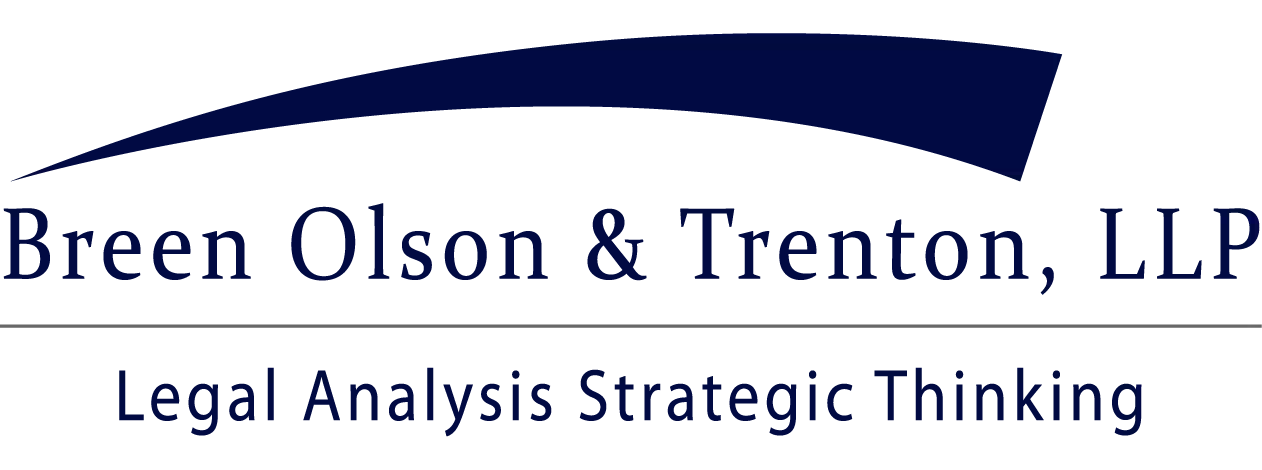3.9 billion reasons why the banks and servicers of residential mortgages are still just as bad as they ever were.
May 9, 2014 7:59 pm,
The “Independent Foreclosure Review” (IFR) was part of the settlement of a series of 2011 enforcement actions brought by two federal agencies against several of the largest loan servicers in the U.S. The settlement required these loan servicers to hire outside consultants to review the foreclosures that took place or were initiated in 2009 and 2010 to determine if homeowners suffered financial injury as a result of the servicers’ foreclosure practices.
Last year, fifteen financial institutions settled with federal banking regulators regarding the often criticized IFR program. Faced with widespread criticism that the reviews were taking too long and costing hundreds of millions in consulting fees, banks and regulators settled, after only a small fraction of the mortgage files had been reviewed.
The financial institutions agreed to pay out $3.9 billion to more than four million homeowners and $6.1 billion in other loss mitigation and foreclosure prevention assistance. Indeed, the settlement required that banks pay homeowners, regardless of whether they had been harmed. The settlement created four separate settlement funds, and the banks have been paying according to the settlement.
Though the review process was cut short and a settlement reached, independent consultant findings regarding the reviews that were completed or had a significant portion of the work finished at the termination of the IFR, were consistent with the deficiencies and weaknesses examiners identified during the 2010 review. Errors and process weaknesses identified most often by the consultants during the IFR included:
- Improper loan modification denials and untimely execution, aggravated by rapidly increasing modification request volume without adequate staffing and changing program guidelines during 2009 and 2010;
- Untimely communication and inadequate recognition of bankruptcy protection by servicing departments;
- Violations of Servicemembers Civil Relief Act (SCRA) protections; and
- Fee errors arising from servicer process weaknesses, especially servicers’ lack of oversight of external parties who provided services such as legal representation and property management.
This is consistent with the types of problems our clients have experienced since 2008. The servicers were never adequately prepared to deal with the onslaught of modification requests and had little incentive to actually work with homeowners to achieve modified results. Communication was spotty at best, and servicers often made false promises that the actual lenders and investors were unwilling to live up to. These abuses continue to this day.
It is not all that surprising that the IFR was cut short, as the truth it would have revealed would not have been favorable to the largest institutions. Moreover, the banks were probably hesitant to keep doling out huge sums to independent consultants that were making big money to review the files. So, the banks dodged another one, paid out some more money, and have moved on.
If you are experiencing difficulty with your lender/servicer and are facing foreclosure while also attempting a modification it is imperative that you retain your rights and address the problem BEFORE the sale occurs. For instance in Arizona, your legal rights are all but extinguished at 5pm the day before the Trustee sale if you do not stop the sale through an injunction action. As these large institutions continue to make settlements and agreements with regulators, some states have taken action on their own. In California, the Homeowner Bill of Rights became law on January 1, 2013 to ensure fair lending and borrowing practices for California homeowners. The laws are designed to guarantee basic fairness and transparency for homeowners in the foreclosure process. If you have questions or concerns regarding your legal rights, call Breen Olson & Trenton, LLP at 1-877-283-3711.
Categorized in: News, Real Estate








